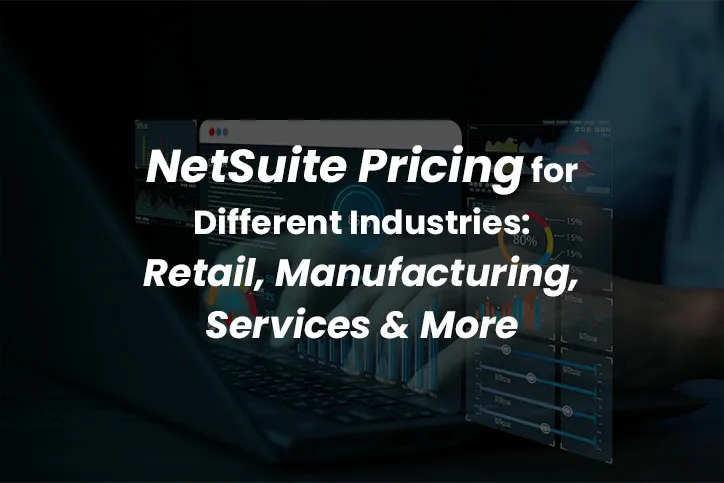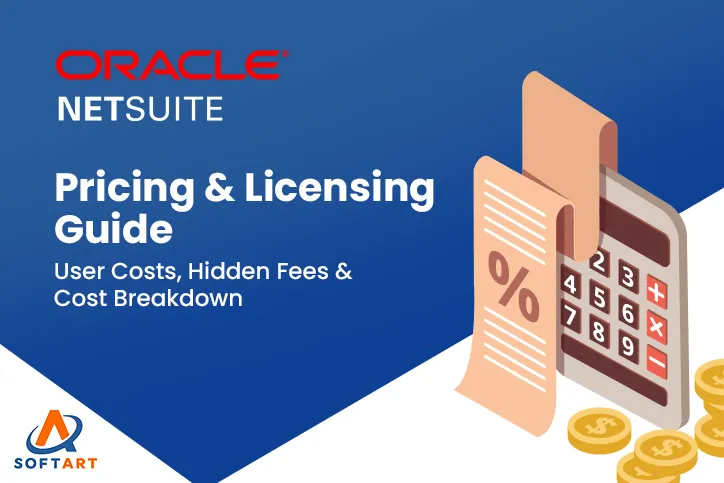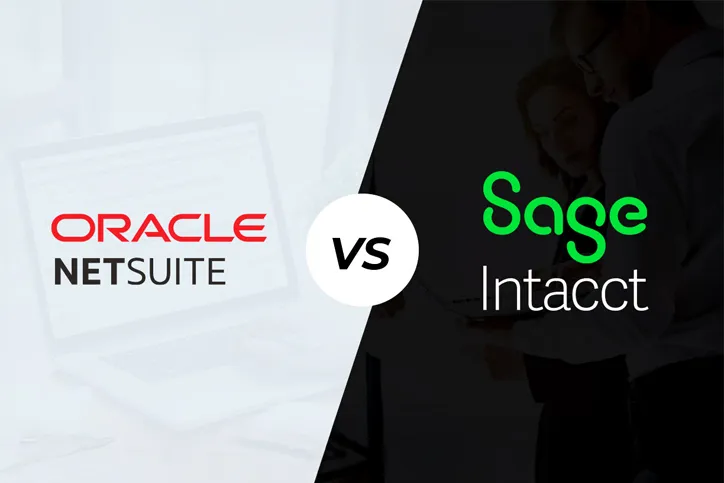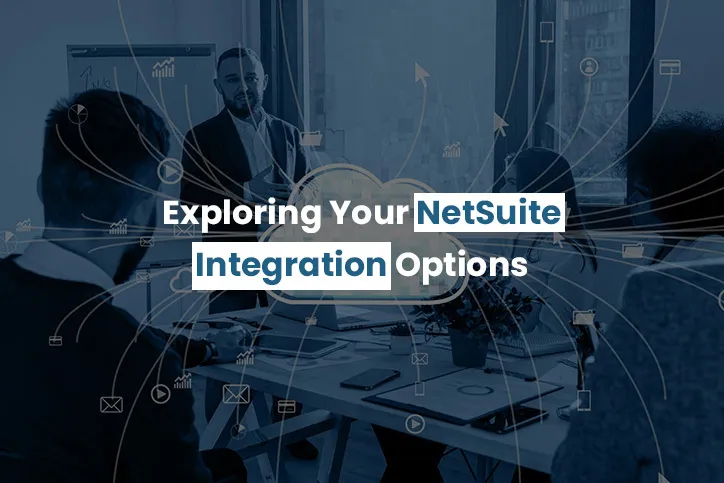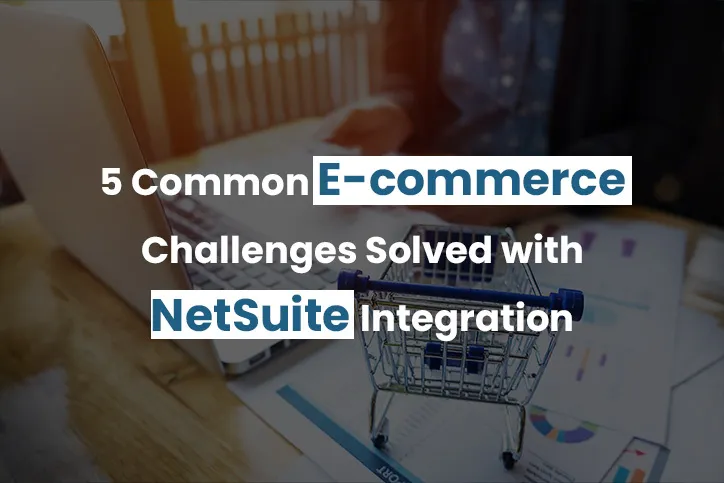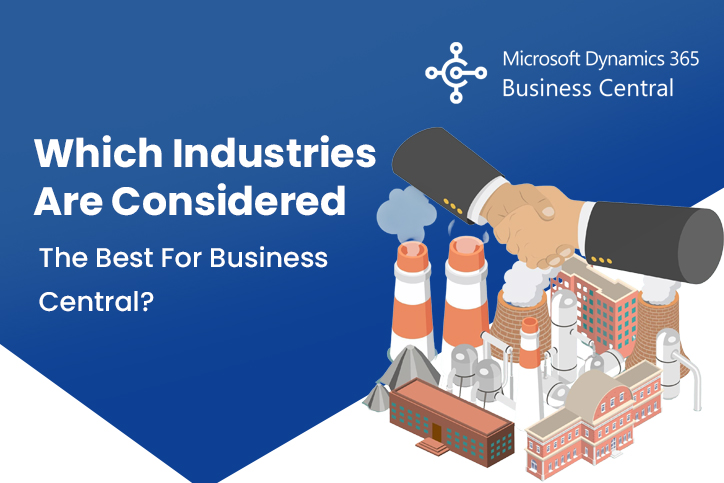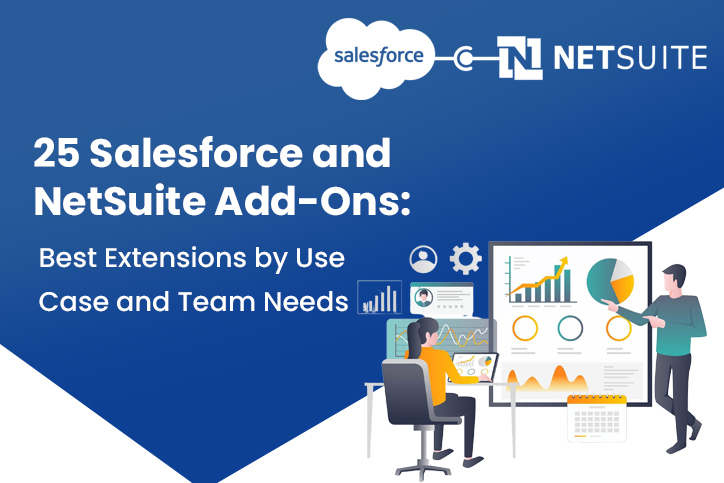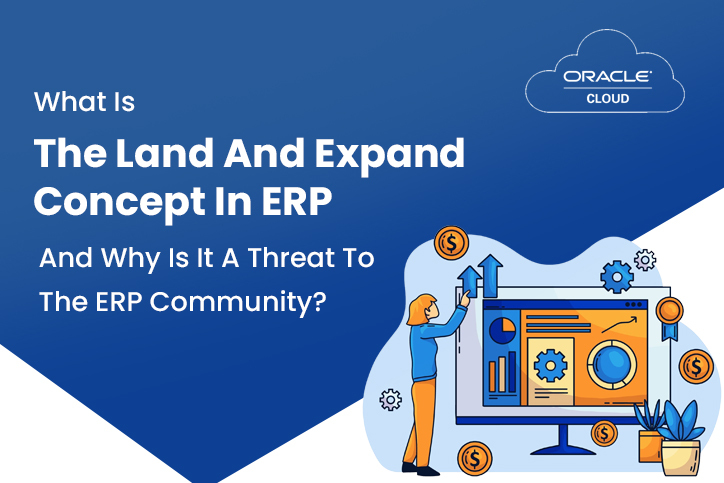NetSuite Pricing vs Value: How to Calculate Your ROI
ERP investments can be daunting — not because of the implementation complexity alone, but due to the big question lingering in every CFO’s mind: Are we getting our money’s worth? When it comes...
NetSuite
- 05-28-2025
- 295 Reads
- 6 min read
Latest Blogs
How Much Does NetSuite Implementation Cost?
Investing in an ERP system like NetSuite is a strategic move, but one of the most common questions decision-makers ask is: “How much does NetSuite implementation cost ” The answer is la...
NetSuite
- 05-26-2025
- 285 Reads
- 6 min read
NetSuite Module Pricing: Which Features Are Worth Paying For...
Think of NetSuite like a digital control center for your business—powerful, customizable, but only as cost-effective as the modules you choose. With every add-on impacting your budget, understanding...
NetSuite
- 05-13-2025
- 329 Reads
- 5 min read
NetSuite Pricing for Different Industries: Retail, Manufactu...
NetSuite
- 05-09-2025
- 312 Reads
- 6 min read
NetSuite Pricing & Licensing Guide (March 2025): User C...
Is NetSuite on your consideration list, but you are concerned about the pricing? You’re not alone! NetSuite pricing is not one-size-fits-all and can seem tricky, since it depends heavily on the ...
NetSuite
- 04-08-2025
- 919 Reads
- 31 min read
NetSuite vs. Sage Intacct: Which ERP is Best for Your Busine...
Having the right ERP system in place can help companies looking to scale efficiently. Stuck in the Sage Intacct vs. NetSuite pull? You’re not alone! Both platforms are strong cloud-based financ...
Blog
- 04-08-2025
- 1.3K Reads
- 20 min read
Ultimate Guide: Exploring Your NetSuite Integration Options
Running a business today is not easy. You have to deal with multiple systems, lots of data, and nonstop workflows. One of the biggest challenges is that most applications don’t sync automatically wh...
NetSuite
- 03-25-2025
- 332 Reads
- 5 min read
5 Common E-commerce Challenges Solved with NetSuite Integrat...
Running an e-commerce business is not just about selling products online. It also requires you to manage inventory, process orders, handle payments and ensure seamless customer experiences. And as bus...
NetSuite
- 03-18-2025
- 516 Reads
- 4 min read
Everything You Need To Know About Netsuite For Manufacturing...
In today’s fast-paced manufacturing landscape, companies are under constant pressure to optimize operations, reduce costs, and improve efficiency. But managing complex supply chains, production ...
NetSuite
- 03-17-2025
- 582 Reads
- 4 min read
Oracle NetSuite Expands Its AI Capabilities to Deliver Great...
In an ever-evolving landscape where success is determined by efficiency and precision, businesses worldwide are on a quest for tools that can improve decision-making, optimize operations, and improve ...
NetSuite
- 02-26-2025
- 291 Reads
- 5 min read
Benefits of Netsuite for Manufacturing
Managing manufacturing operations involves multiple complexities—from inventory control and production scheduling to financial management and customer service. To stay competitive and efficient, man...
NetSuite
- 01-31-2025
- 352 Reads
- 4 min read



